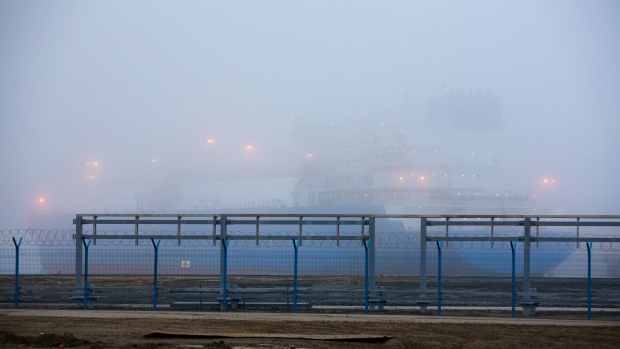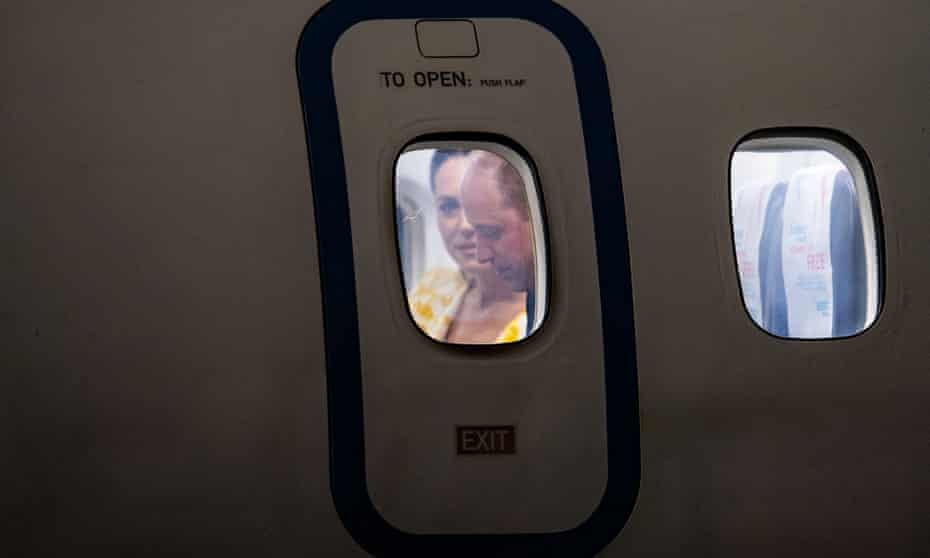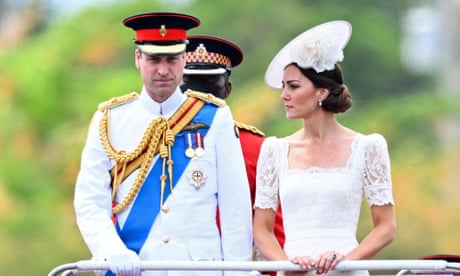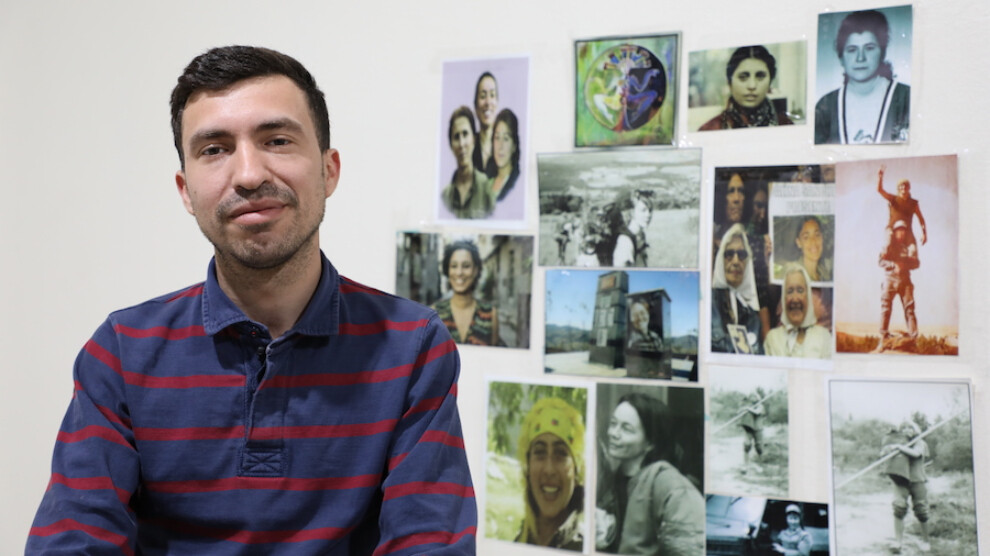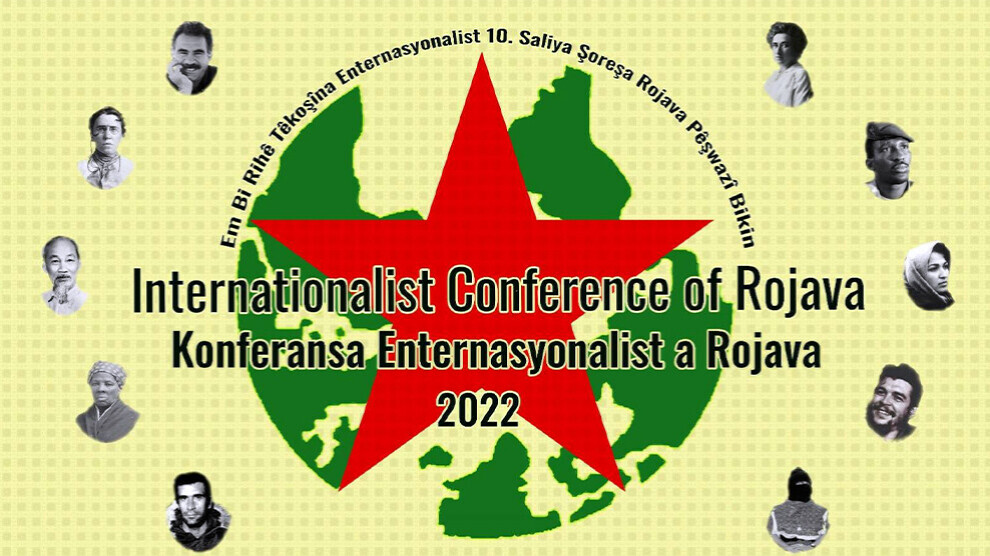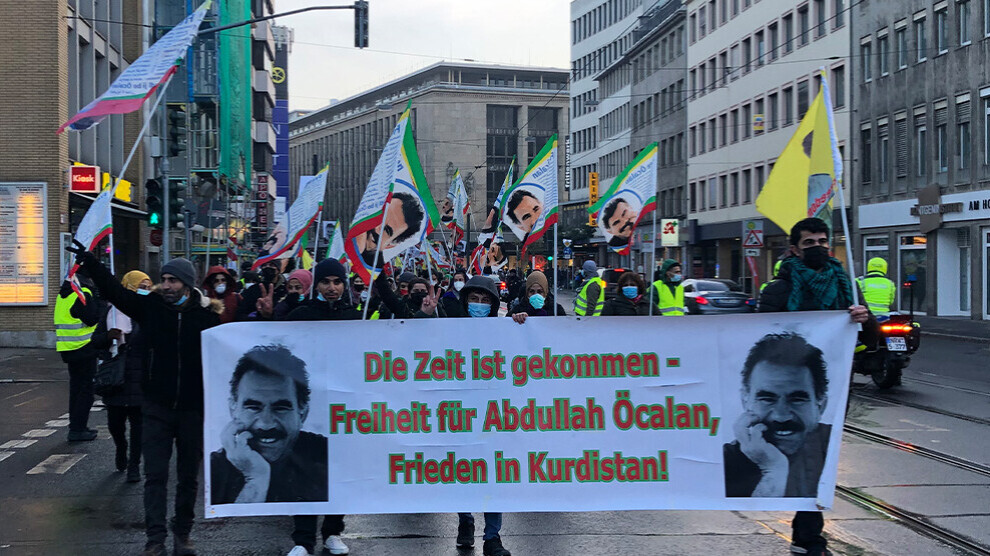Egypt police abusing Sudanese refugees: HRW
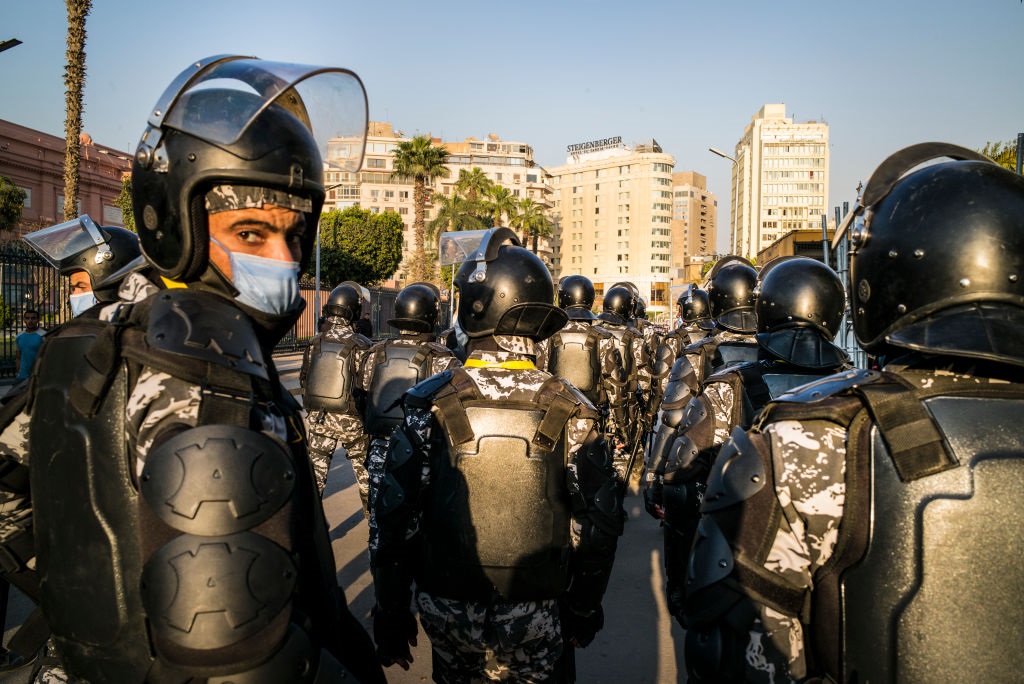
- The Human Rights Watch said that Egyptian police have subjected detained refugees and asylum seekers to 'forced physical labour'.
- Raids carried about by police have lead to the arrest of 30 Sudanese refugees.
- According to reports, after the arrests they were taken to a security facility and forced into physical labour.
Egyptian police have arbitrarily detained at least 30 Sudanese refugees and asylum seekers, subjecting some to abuse and "forced physical labour", Human Rights Watch (HRW) said on Sunday.
According to three Sudanese refugees and a Cairo-based civil society group interviewed by HRW, police carried out raids on 27 December and 5 January, in nearly identical circumstances.
Plainclothes police arbitrarily arrested some two dozen refugees and asylum seekers from their homes, coffeeshops, on the street and at community centres.
They were taken to a security facility and forced to "unload boxes from large trucks into warehouses" by police, who hurled racist insults and "used batons to beat those who they claimed were not working hard enough".
The next day, police dropped off those detained at a highway crossroads in eastern Cairo, without levelling any charges against them.
The New York-based watchdog called on Egypt's public prosecutor to "investigate and hold accountable those responsible for arbitrary arrests and mistreatment of Sudanese refugees and asylum seekers", HRW's Joe Stork said.
READ | 'A scene one cannot imagine': Mali slips further into turmoil as French and EU soldiers leave
According to HRW, some of those targeted had mobilised protests in May and August 2021 at the United Nations refugee agency, UNHCR, in Cairo "over harassment and racist treatment by Egyptians, a lack of protection and resettlement delays".
Last May, they also held a protest at the Sudanese embassy in Cairo in support of demonstrations in their home country.
As of January 2022, over 52 000 Sudanese refugees and asylum seekers in Egypt are registered with the UNHCR, though official figures estimate between two and five million Sudanese live in Egypt.
Activists and rights groups regularly charge that Sudanese in the country face mistreatment, discrimination and racism.
Stork said:
President Abdel Fattah al-Sisi has said Egypt hosts around "six million people who came to the country due to ongoing conflicts or the magnitude of poverty in nearby countries".
"We do not call them refugees," he told a forum held earlier this year in the Red Sea resort city of Sharm el-Sheikh.
"They are integrated into our society, they eat and drink, they receive (medical) treatment and whatever (resources) we have are made available to them."

